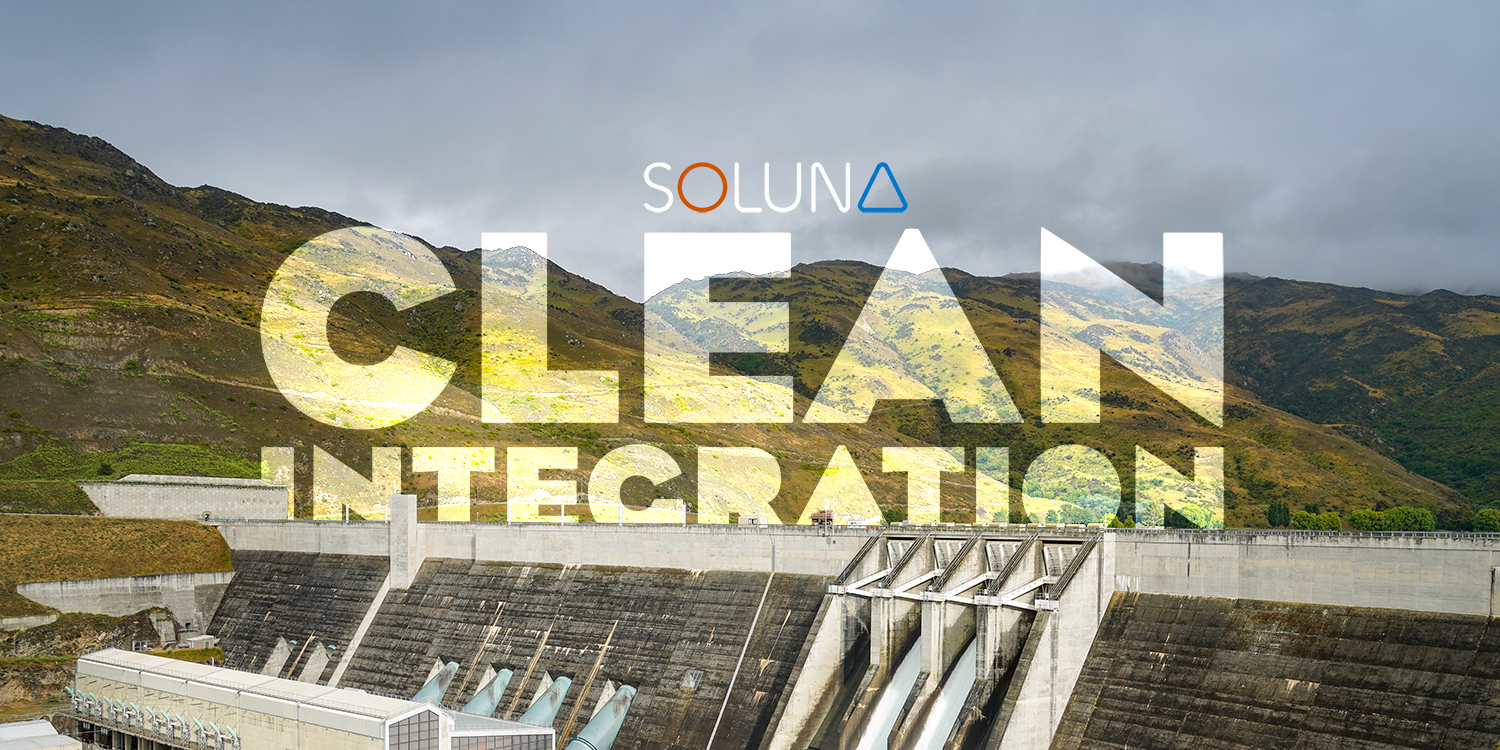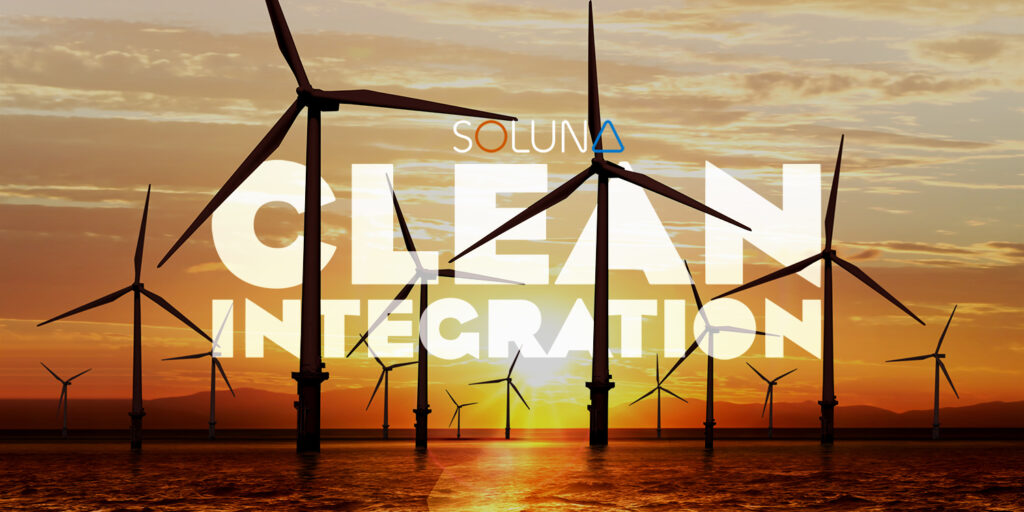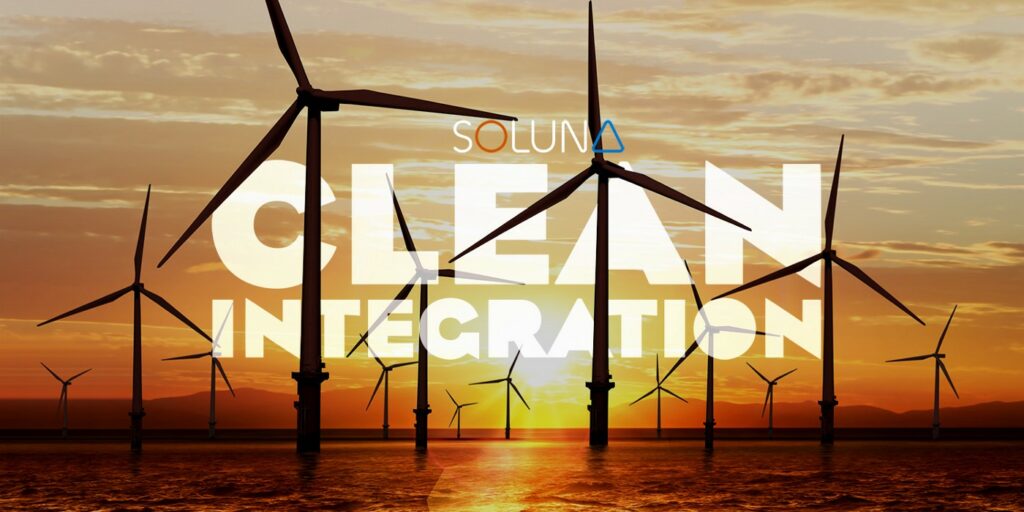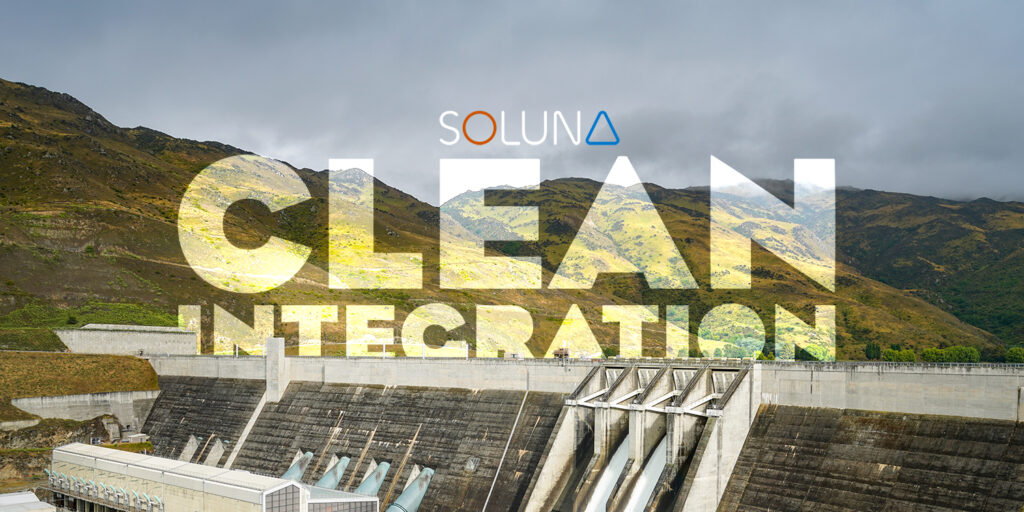Listen now on Apple | Spotify | SimpleCast
We’re excited to explore a new topic on Clean Integration: sustainable IT.
Capgemini is an international IT solutions provider with a focus on sustainable, “future-shaping projects.” Capgemini has used AI to protect national parks and oceans and has a deep knowledge of sustainable IT and insurance.
At Soluna, we are just as interested in the human and environmental impact of technology as we are in the way it works.
We’re excited to have two of Capgemini’s VPs, Satish Weber and Seth Rachlin, on our show.
Satish is the Executive Vice President and Head of Sustainability & Financial Services at Capgemini, where she helps clients disrupt their industry using sustainable tech solutions.
Seth is the Executive Vice President of Capgemini’s Global Insurance Industry branch and has consulted with over 50 Fortune 500 and middle-market insurance companies. Seth is also a professor at the University of Chicago, where he teaches about the intersection of risk and technology.
Key Moments:
[1:38] Introductions to Seth, Satish, and Capgemini
[4:40] What is sustainability? Why is IT at the center of the global sustainability conversation?
[15:58] Capgemini has talked a lot about technology for inclusive progress. What does inclusivity mean in this context? How do you work to facilitate that progress?
[18:24] The financial services industry plays a unique role in the future of sustainability. What does the conversation around sustainability currently look like in that sector?
[20:22] What’s the relationship between sustainability and value proposition? What does resilience look like in understanding sustainability in financial services?
[23:23] What are some of the biggest challenges facing technology companies seeking to adopt sustainable practices?
[27:42] If the shift to more sustainable IT is the trend, then doesn’t it behoove utilities to have a sustainability value proposition?
[30:14] Can we expect that “sustainability” will gain one objective meaning and across industries or will the term/mission always be subjective and industry-specific?




